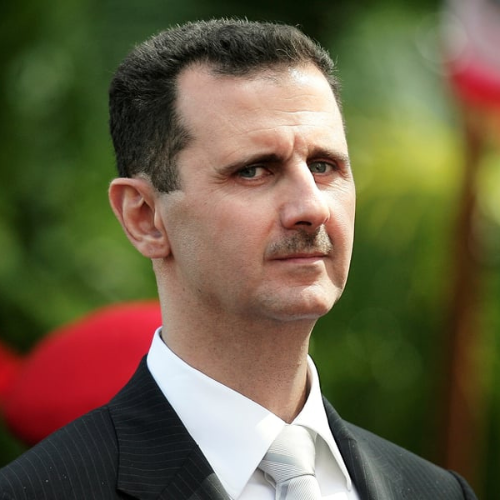The United States and the United Arab Emirates (UAE) have been discussing the possibility of lifting long-standing sanctions on Syrian President Bashar al-Assad. However, there’s a major condition attached: Assad must cut ties with Iran and stop supplying weapons to Hezbollah, the armed group based in Lebanon. This discussion has gained momentum in recent months, especially as the expiration date of US sanctions on Syria approaches on December 20.
The sanctions, which have severely restricted Syria’s economy since 2011, are part of a broader effort to isolate Assad’s government after he brutally suppressed a pro-democracy uprising. The sanctions also target those aiding the regime, including entities from Russia and Iran. For the UAE and the US, persuading Assad to step away from Iran could weaken the influence of Iranian-backed groups like Hezbollah and Hamas, which are considered threats to regional stability, especially by Israel.
These talks come at a time of escalating conflict in Syria. Rebels have recently launched an offensive against Assad’s forces and even captured Aleppo, a key city. This has exposed vulnerabilities in the Assad-Iran alliance, which the US and UAE aim to exploit. However, if Assad turns to Iran for help in countering the rebels, the ongoing diplomatic efforts could face significant setbacks.
Power Struggle: Syria’s Al-Qatirji Faces Severe U.S. Sanctions
Syria’s Fragile Alliances in the Spotlight
Over the years, the UAE has been a prominent player in efforts to reintegrate Syria into the Arab world. While many Sunni Arab nations had previously distanced themselves from Assad due to his alliance with Shiite-majority Iran, the UAE has been leading efforts to rebuild ties. In 2022, Assad even made a landmark visit to the UAE, his first to an Arab country since the war began. The UAE has since advocated for Syria’s return to the Arab League and has sought to build economic ties with the war-torn nation.
Despite these efforts, the US sanctions remain a major obstacle. While the UAE would like to strengthen its relationship with Syria, these restrictions have made significant economic partnerships difficult. For the US, the main concern is ensuring that any loosening of sanctions serves its strategic goals, particularly reducing Iran’s influence in the region.
The UAE’s discussions with Assad are also happening as Iranian officials have been actively supporting his regime. Iran’s Foreign Minister recently visited Syria to reaffirm Tehran’s backing, signaling that Iran is not ready to give up its foothold in Syria easily. Meanwhile, UAE President Sheikh Mohammed bin Zayed Al Nahyan has also been in contact with Assad, highlighting the delicate balancing act the UAE is attempting between fostering ties with Syria and addressing US and Israeli concerns about Iran’s role in the region.
Escalating Violence and Its Broader Implications
The situation on the ground in Syria remains volatile. In late November, Syrian opposition forces launched a significant offensive in the northern parts of the country, particularly in Aleppo Province. They described this move as a response to months of attacks on civilians by Assad’s forces. This marks the most intense fighting since 2020, when the regime reclaimed large parts of rebel-held territory.
The rebels’ advances have been substantial, with Assad’s forces even temporarily withdrawing from Aleppo to regroup for a counteroffensive. Reports suggest that this is the first time Assad’s forces have lost control of Aleppo since 2016, signaling a major shift in the dynamics of the conflict. These developments have drawn international attention, as they coincide with ongoing discussions about lifting sanctions and weakening Assad’s ties with Iran.
Iran to Boost Uranium Enrichment Capacity: IAEA Report Details New Plans
Meanwhile, Russia, Assad’s longtime ally, has also been impacted by the renewed fighting. Russian forces in Syria have reportedly suffered significant losses, leading to a reshuffling of military leadership in the region. Syrian rebels have allegedly captured Russian weapons, tanks, and equipment, further complicating Russia’s involvement.
At the same time, Hezbollah, which has been a crucial ally for Assad throughout the civil war, has now shifted its focus to Lebanon, where it is engaged in clashes with Israel. This has left Assad somewhat isolated as he faces a reinvigorated opposition and growing pressure from the US and UAE to reconsider his alliances.
In summary, the US and UAE’s proposal to lift sanctions on Assad hinges on a high-stakes gamble to weaken his ties with Iran. However, the worsening conflict in Syria and the delicate web of alliances make this a challenging endeavor. Whether Assad chooses to distance himself from Iran remains uncertain, as the region faces a deeply unstable and evolving situation.


